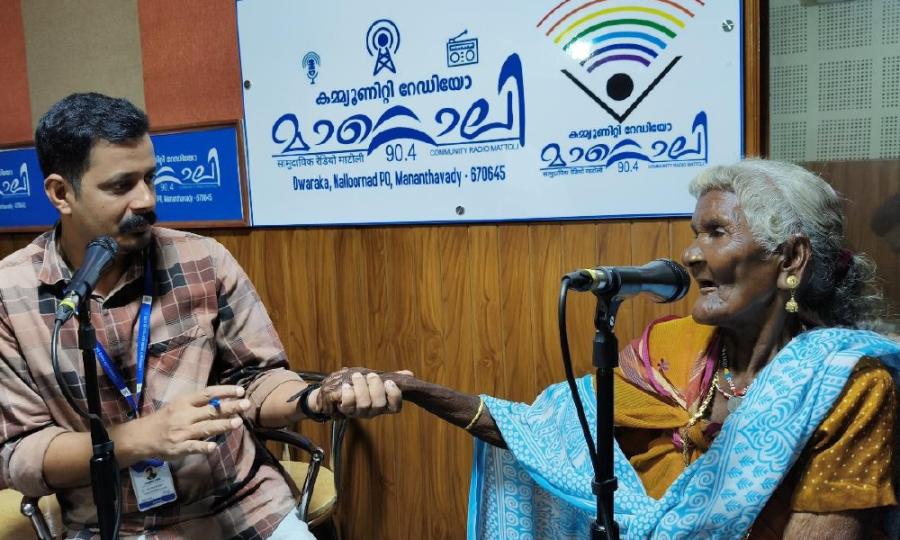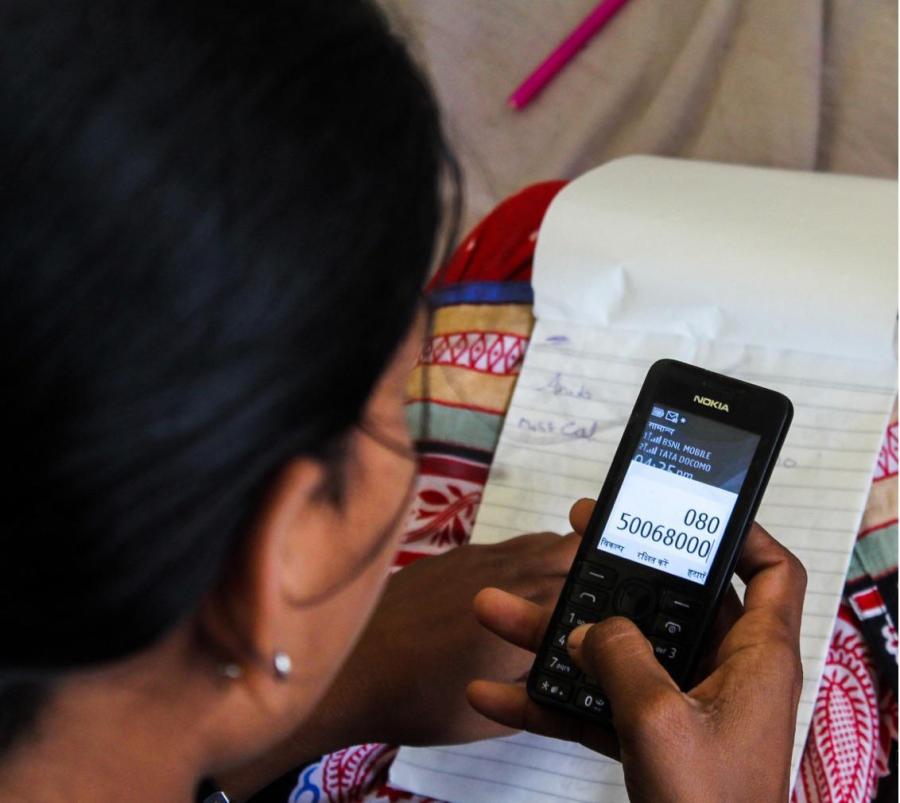Development always comes with a price. For centuries, the environment and the native people have borne the price of our development. With rising pollution levels, scarce green pockets, and increasing cases of pollution related diseases, environmentalists in India are now debating whether or not the country is paying too high a price.
Dahanu is one of the last green belts left in the state of Maharashtra, and the only remaining habitat of the indigenous, unassimilated Warli tribe. Squeezed between Bombay and its sprawling industries to the south and the numerous industrial zones of Gujrat state to the north, Dahanu is like an oasis. It is the "fruit and flower basket" of the two states.
Dahanu Taluka comprises 99,000 hectares (245,000 acres) of land. Of this land, 32% is used for agriculture and horticulture, 24% for grazing cattle, 2.5% are wetlands and mangrove plantations, and 38% comprises protected forests. Demographically, while only 7% of India's population remains indigenous, 65% of Dahanu's 300,000 inhabitants consist of the native Warli people. The Warlis in Dahanu own 45,000 acres of land (18% of the total acreage). The Warlis remain quite unassimilated from the rest of the India; they maintain their own dress style, customs, religion, and ceremonies. The Warlis have gained recognition only recently for their unique artwork that has been incorporated into mainstream folkart.
Dahanu is now the proposed site for a $1 billion port to be built by P&O Ports, Australia. The lone bidder for the project, P&O Ports has already received a letter of intent from the government. The government and the P&O Port authorities are planning to pursue the port project even though it is in violation of the Supreme Court of India. The Dahanu Notification of 1991, declaring Dahanu to be ecologically fragile, mandates that there may be no change in land use patterns in Dahanu's 245,000 acres, no transfer of tribal holdings, and no further industrial development. The notification also allows for a total of only 500 acres to be used for industry. The Supreme Court has also forbidden any kind of development that is not sensitive to the Warlis. However, while the Indian government might profess a concern for protecting the lifestyle of the few indigenous people of India, on several occasions they allow industrialists to bring polluting industries to tribal belts.
The port would directly influence the lifestyle and working conditions of the Warli. Currently, the Warlis farm their own lands for their subsistence and labor on the commercial fruit orchards of the prosperous Zoroastrian farmers. The Warli farmers are unable to reap profits from their own farms as they do not have access to water for irrigation, unlike the Zoroastrian farmers who have access to irrigation systems, as well as tube wells. If the Warli community is able to become self-sufficient and obtain access to water, they could make Rs. 600,000 per year like the Zoroastrian farmers. Currently, they have no choice but to accept about Rs. 30-70 a day (between one and two dollars) for their labor. Thus, a shipping yard laborer is a potentially lucrative alternative, paying an annual income of RS. 20,000. However, this would remove the Warlis from their fields into working conditions to which they are unaccustomed.
In spite of the uproar from several environmentalists and organizations which are attempting to defend Warlis, the P&O Port Company seems to be unshaken. In their environmental policy they commit to "protect the environment and minimize as far as is safe, practicable and economically sound, any adverse environmental impact of its activities." As of the printing date of this update, a response to an inquiry made by Cultural Survival has not been given by P&O Ports.
Environmental groups and organizations are voicing their concerns for the Warli people, but more could be done to help them determine their own future. The contract for the port is to be finalized on December 31, 1997. In the meantime, the Indian government and P&O Port will decide whether or not they will respect Indian laws mandated on paper. The outcome in Dahanu shall be an indication of "green India's" future, unless we can do something to stop it.
References:
The article quotes from a publication by DTEWA (Dahanu Taluka Environmental Welfare Association), India; The Peninsular and Oriental Steam Navigation Company Web site on its Environmental Policy; The Supreme Court of India-Civil Appelate Jurisdiction: Writ Petition No. 231 of 1994.
Article copyright Cultural Survival, Inc.



